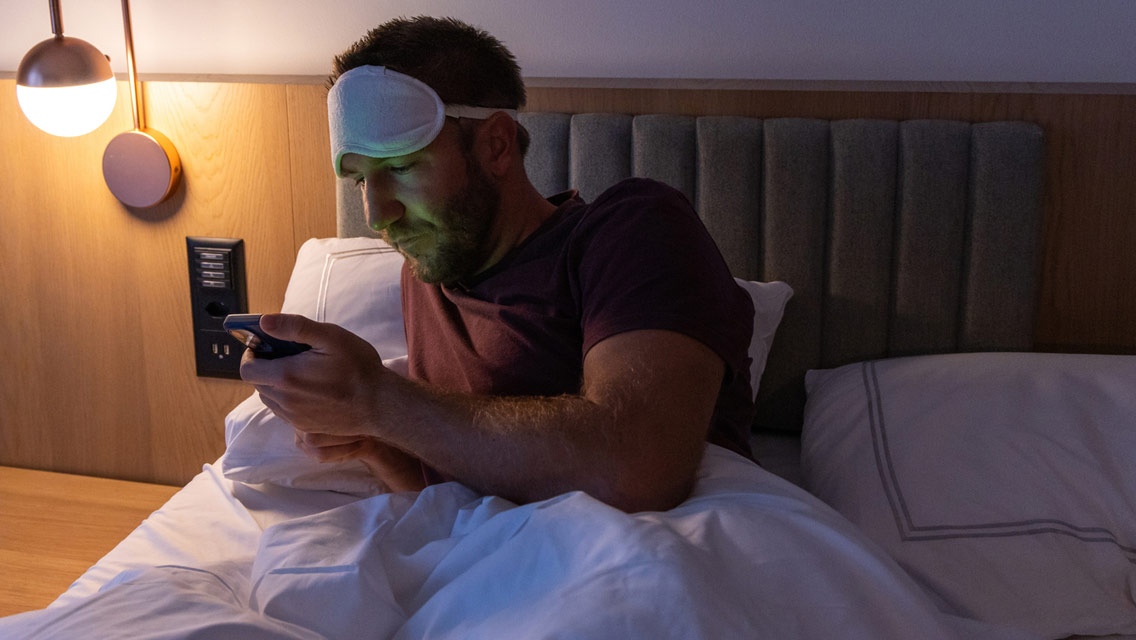Many of us mistake melatonin for a sedative, but it doesn’t induce sleep directly. Instead, it more broadly supports sleep by helping regulate our body’s internal clocks — the circadian rhythms.
In addition to the sleep–wake cycle, these rhythms govern hormone production, metabolism, immune function, and body temperature.
“Melatonin helps open the ‘sleep gate’ by lowering our core body temperature and preparing the brain for synchronizing with the peripheral clocks throughout the body,” explains nutrition scientist Deanna Minich, PhD, CNS, IFMCP. “As it becomes dimmer and darker at night, our melatonin goes up, our core body temperature comes down, and we get this signal to head for bed.”
While melatonin supplements won’t knock you out on their own, they can assist if you struggle to fall asleep, especially if your internal clocks are dysregulated by shift work or travel. A Cochrane review published in 2002 concluded that 0.5 to 5 mg of melatonin is “remarkably effective in preventing or reducing jet lag,” particularly for those traveling east.
Timing matters. If melatonin is taken early in the day, the review authors note, it can cause sleepiness too early and further confuse the body’s internal clock.
Some studies suggest that supplementing with 3 mg of melatonin can help menopausal women who struggle with nighttime hot flashes regulate their body temperature.
Discover More of Melatonin’s Many Wonders
Melatonin is much more than just a sleep compound. It helps to regulate hormone regulator, boost immunity, and support mitochondira. Learn about the many roles this important and versatile molecule plays at “The Powerful — and Surprising — Health Benefits of Melatonin,” from which this article was excerpted.





This Post Has 0 Comments